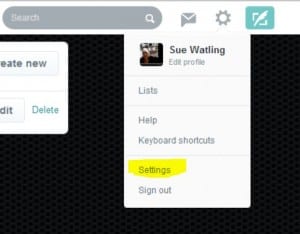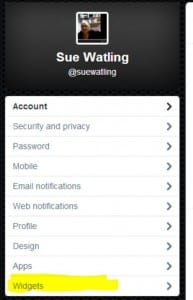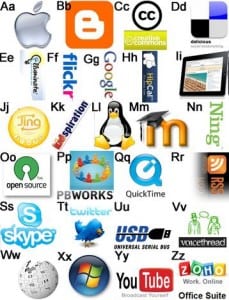Amazed I managed 10,000 GCC steps on a home-working rainy day. Without the GCC incentive, I wouldn’t have splashed around on the allotment for soggy flower pics. The wet feet were worth it!




I’m stepping out with Global Corporate Challenge. Take Two. Last year my sedentariness was a shock. 10,000 steps a day can be a challenge when you’re desk bound. Being sofa bound’s even worse. On a home working day, I struggled to make 1,000 steps never mind x10. So I made changes. Kept moving. Gained my digital trophies. Lost a few pounds. Between then and now I ended up back where I started. 10,000 steps? You must be joking!
This week the National Institute for Health and Care Excellence (NICE) called for overweight people to be sent to slimming classes. Lose a little keep it off. If only it were that easy. I’ve lost a little all my life but keeping it off is impossible.
Obsogenic is the new word. It refers to environments which encourage people to eat unhealthily and not do enough exercise. Good food is an issue. Everywhere you go it’s high fat, high sugar. If you’re lucky you may see a few tired pieces of fruit at exorbitant prices. Transit food is the worst; airlines, ferries, motorway services. It’s all burgers, fried chicken, chips with everything. Cakes and biscuits with your coffee. Bread and crisps for lunch. We’re spoilt for choice but it’s the wrong choices.
The strapline for Global Corporate Challenge is Get the World Moving. A bit of a misnomer when half the world has a problem with starvation rather than obesity, but the underlying message tackles a key issue for the more prosperous half. Fat kills. Over the years, various foods have been blamed. Saturated fats. Processed carbohydrate. Refined sugar. The food industry is not helping. Films like Forks over Knives, The Men who made us Fat and Cereal Killers are all worth watching but they offer conflicting views. Being active helps. Yet so does being inactive through mindfulness or meditation. The duality of opposites and mixed messages is confusing.
I’ve come to the conclusion it’s energy expenditure which matters. Our bodies are designed to be active rather than sedentary. It’s Day Two of GCC and I forgot to wear my pedometer until mid-morning. The online recording of GCC steps is unmonitored. I can estimate the steps I missed or make an effort to build in additional ones. I’m going for the latter. Choosing this suggests it’s working. A self-regulation of the body in the Foucauldian sense. Discipline and Punishment. Where the gaze is our own and self-monitoring has it’s own rewards. Maybe lose a little and keep it off this time around 🙂















 I’ve been promoting e-teaching as a partner to e-learning. A colleague shared a
I’ve been promoting e-teaching as a partner to e-learning. A colleague shared a 
